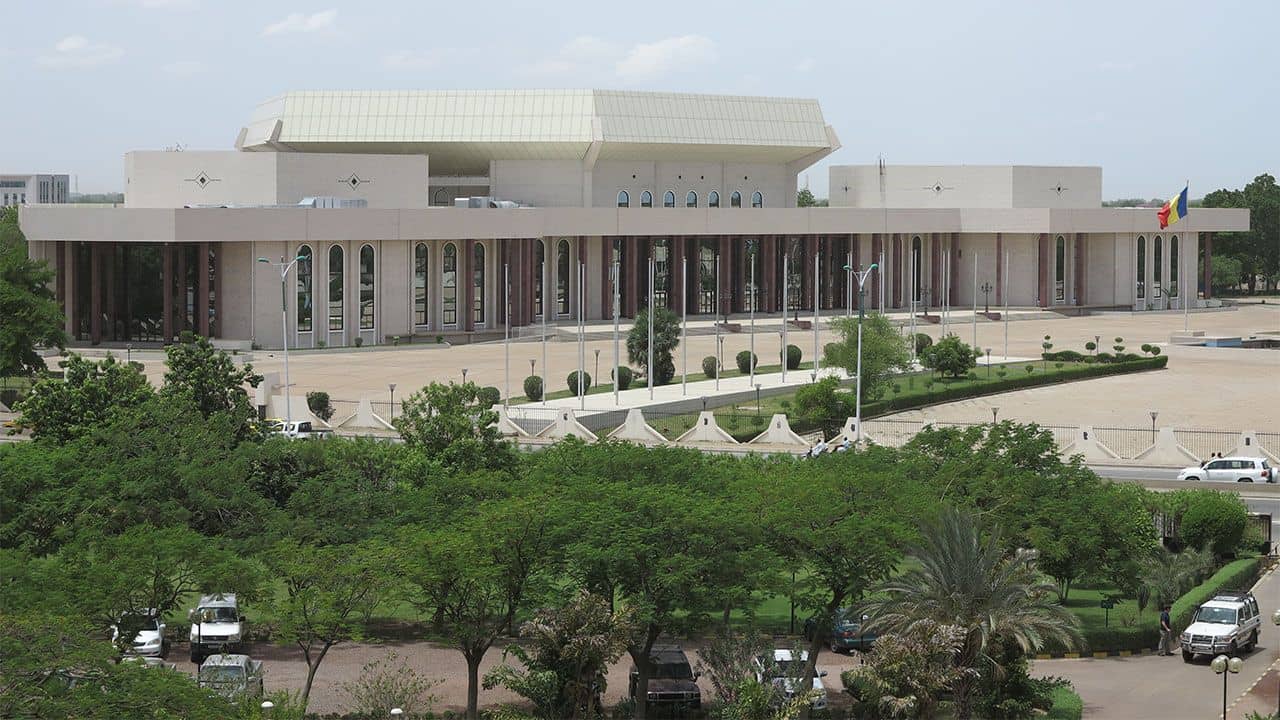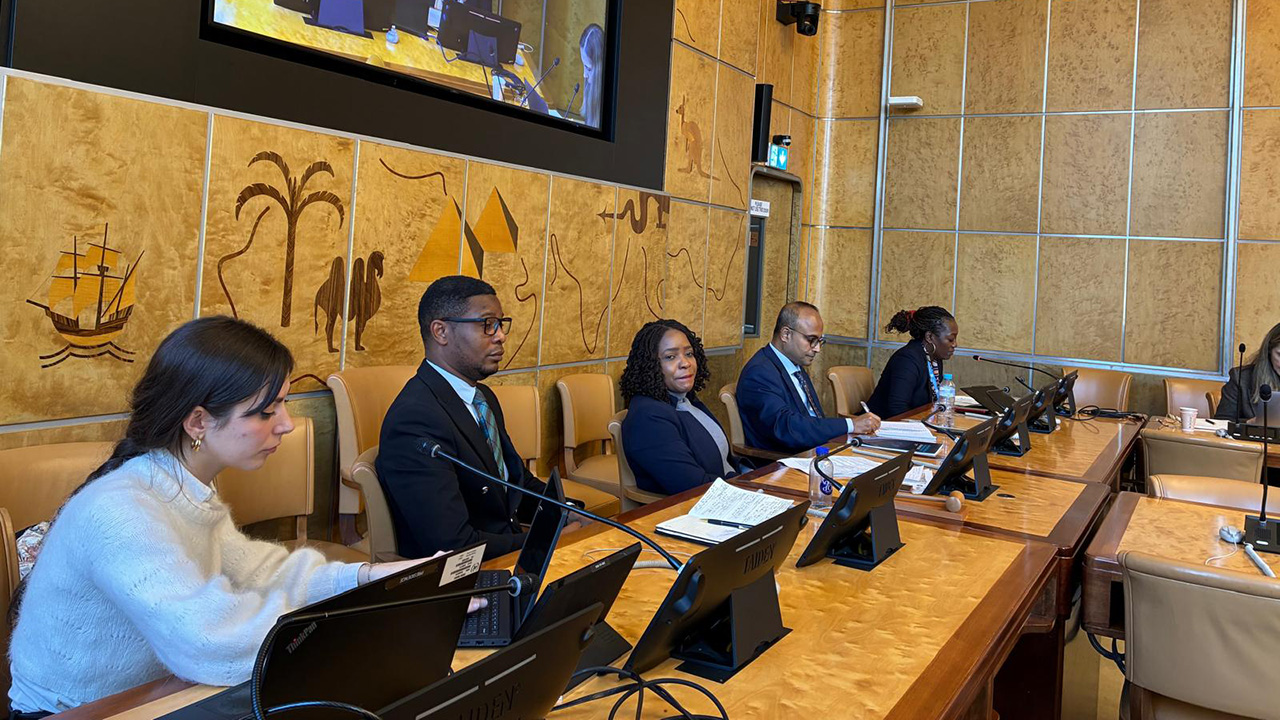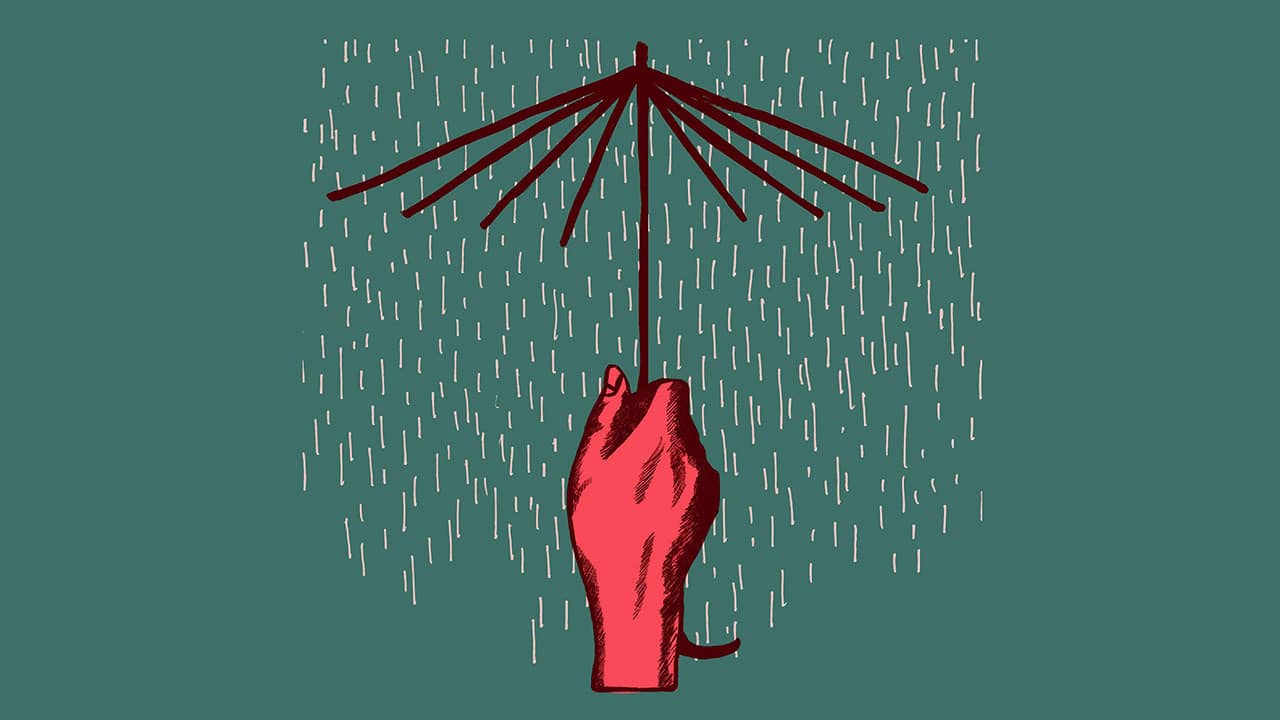***46th PGA Annual Forum and 4th Consultative Assembly of Parliamentarians for the Oceans, 26 - 27 March 2026, Mexico City. *** REGISTER HERE

On 28 April 2020, the National Assembly of Chad adopted with a historical unanimous vote the full abolition of the death penalty for all crimes.
This development occurs after Chadian abolitionists suffered a setback in 2015. Indeed, the government had adopted in 2014 a draft Criminal Code, abolishing the death penalty for all crimes, which was then approved by the National Assembly in December 2016. However, this new Criminal Code did not repeal the counter-terrorism law adopted on 5 August 2015 after an increase of attacks on Chadian territory, and which maintained capital punishment. The country had then started carrying out executions, after a 12-year moratorium.
The law adopted on 28 April 2020 is thus finalizing abolition of the death penalty in Chad, by applying it to terrorist offences as well.
I am delighted that Chad has now joined abolitionist States. I hope that our decision, and the years of work that preceded it, will inspire my fellow colleague parliamentarians around the world, and particularly in the Sahel. The death penalty has no deterrent effect on the attacks led against us; but its abolition is the symbol of our commitment to the very human rights those groups wish to deny us.Hon. Théophile Yombombé Madjitoloum
3rd Deputy Speaker of the National Assembly of Chad and PGA Member
In the last few years, PGA Members in Chad have demonstrated their abolitionist convictions and made huge strides to raise awareness with both their colleagues and the Chadian public opinion. They also have put time in exchanging and debating strategies with other parliamentarians, for example by attending a regional parliamentary seminar organised in June 2018 in Kinshasa (Democratic Republic of Congo) by PGA, Ensemble contre la peine de mort (Together against the death penalty, ECPM) and Culture pour la paix et la justice (Culture for peace and justice, CPJ). During the 7th World Congress against the Death Penalty, organised by ECPM in Brussels (Belgium) in February 2019, Hon. Théophile Yombombé Madjitoloum read the final declaration of parliamentarians, alongside Hon. Dorcas Sibanda, member of the National Assembly of Zimbabwe and PGA Member.
Marion Chahuneau
Senior Legal Officer
International Law and Human Rights Program
Melissa Verpile
Senior Legal Officer
International Law and Human Rights Program

The event highlighted Malawi’s journey towards abolition, discussed remaining challenges, and shared best practices.

Each year on 10 October, the global abolitionist movement comes together to observe the World Day Against the Death Penalty. In 2024 and 2025, the focus has been on addressing the myth that the death penalty ensures safety, with the message: “The Death Penalty Protects No One: Abolish it Now.”